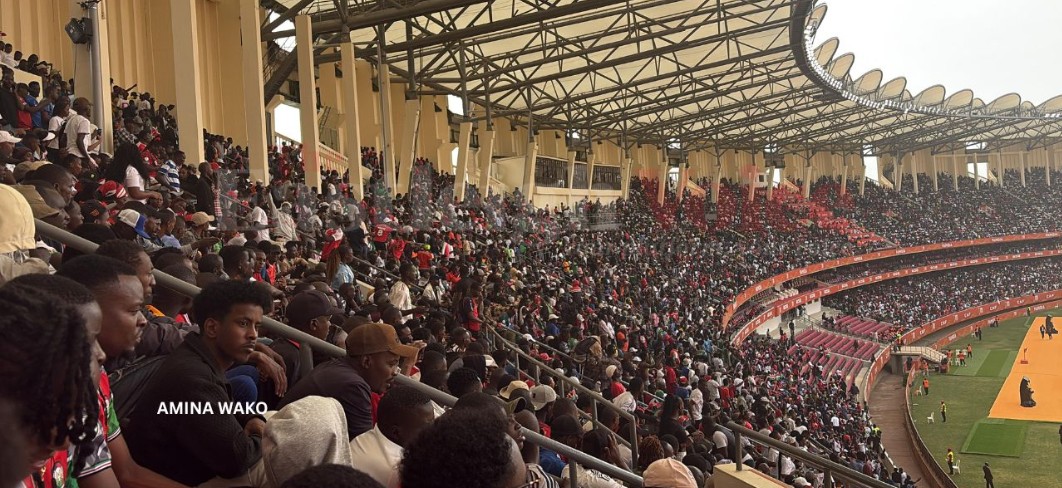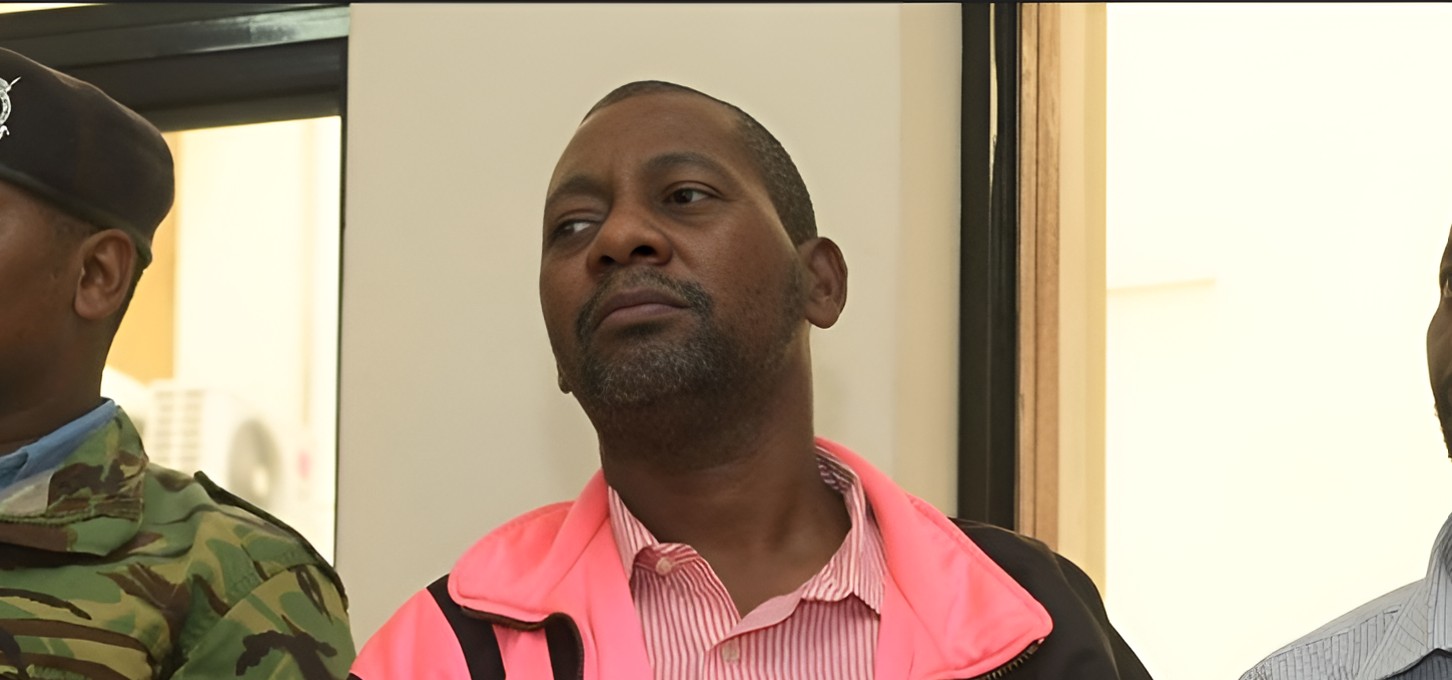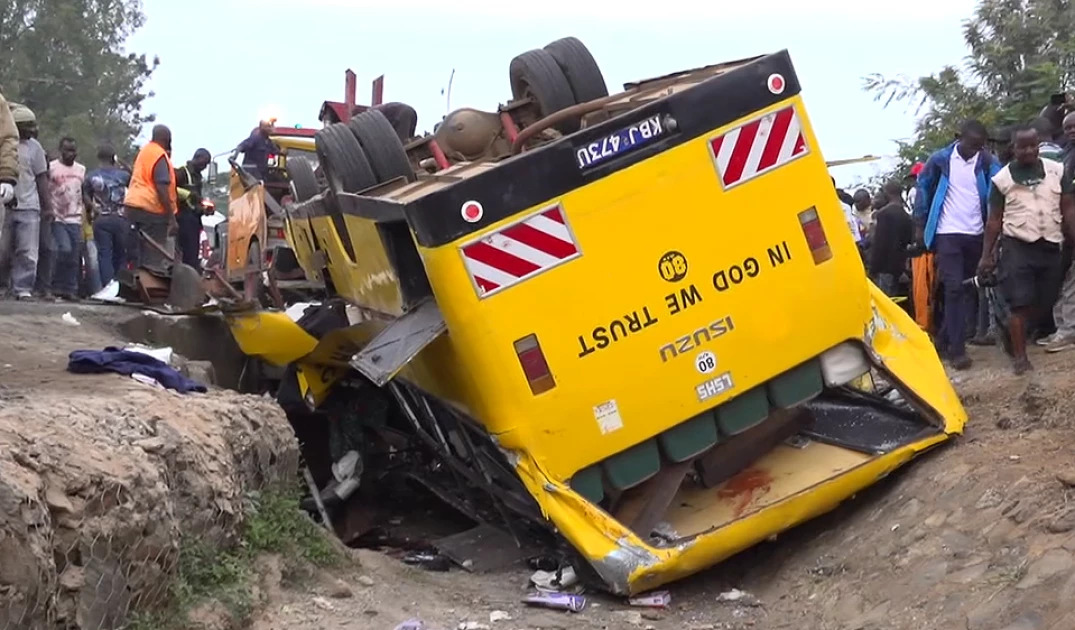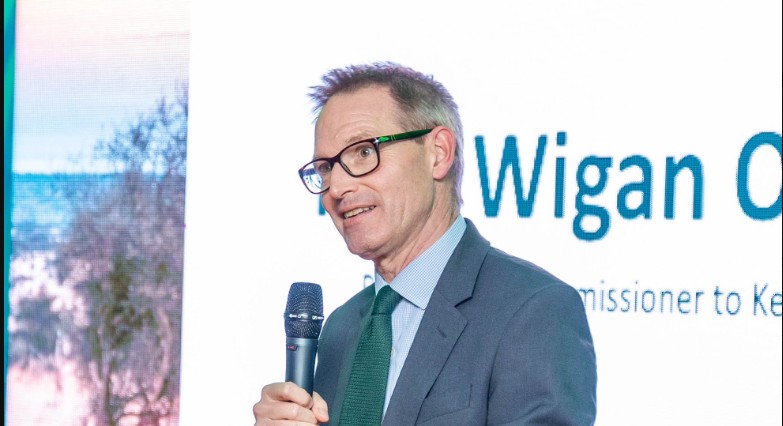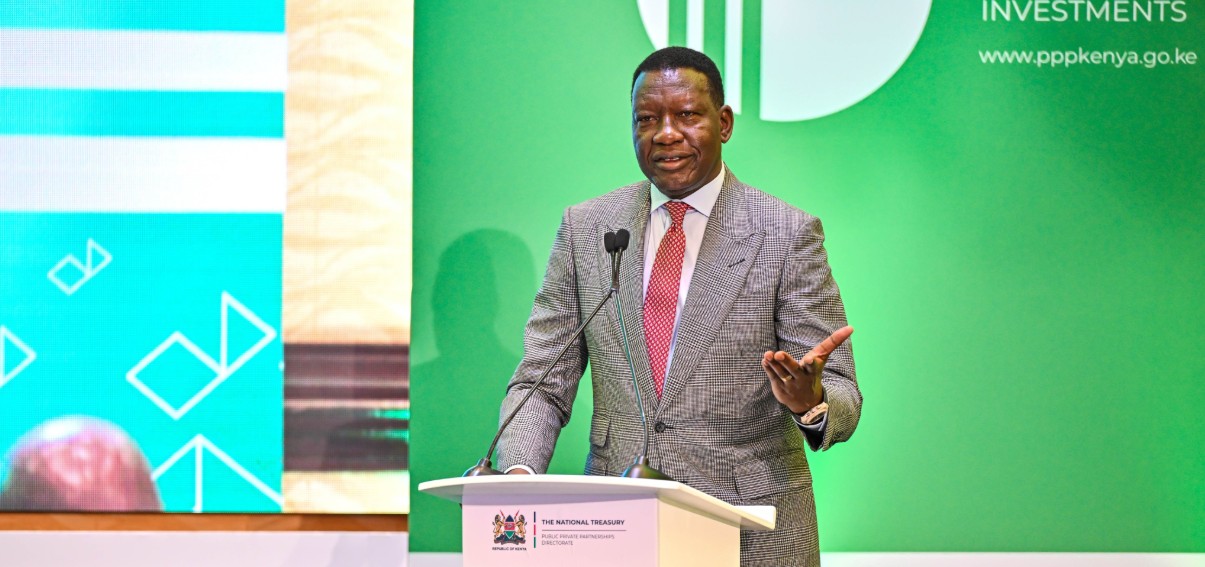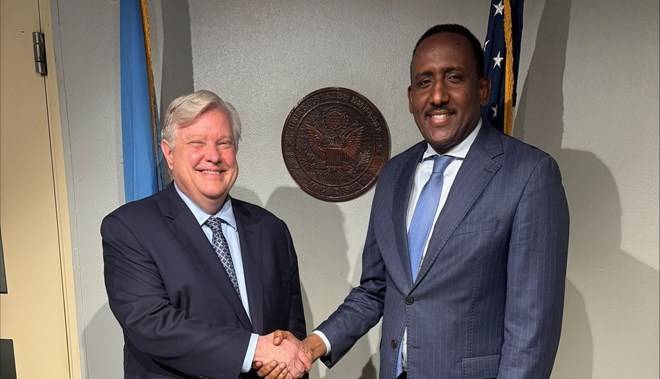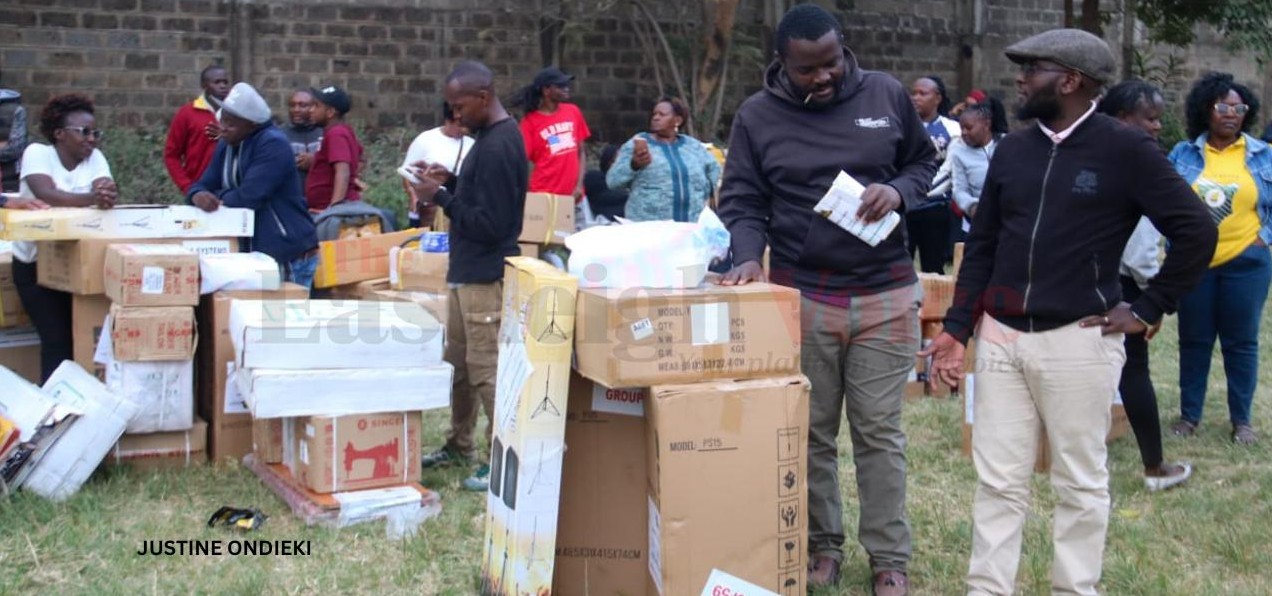Audit flags seven counties over Sh880 million in unaccounted bursary funds
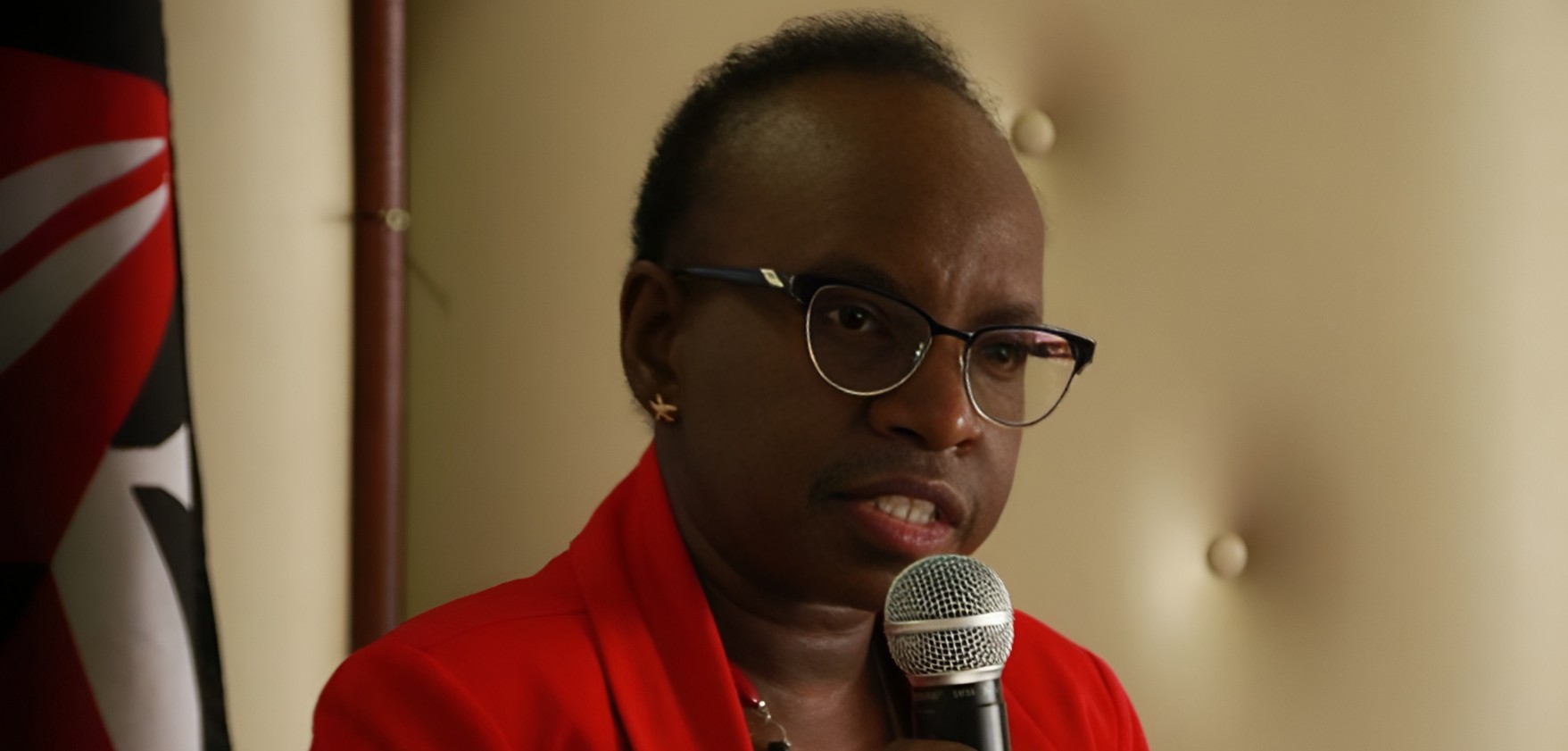
The audit report highlights widespread irregularities in the allocation of scholarships and bursaries, with some counties unable to provide supporting documents or reconcile financial records.
Seven counties, including Nairobi, Garissa and Isiolo, are under scrutiny for failing to account for more than Sh880 million in bursary funds, according to an audit.
The report by Auditor-General Nancy Gathungu highlights widespread irregularities in the allocation of scholarships and bursaries, with some counties unable to provide supporting documents or reconcile financial records.
More To Read
- Postal Corporation of Kenya on the brink of collapse amid Sh7.3 billion deficit, audit reveals
- Counties sink billions into stalled and abandoned projects, audit report reveals
- Auditor General questions AFA’s Sh200 million payouts to cane farmers
- CoG Chair Ahmed Abdullahi questions Auditor General’s fairness in county oversight
- Auditor General flags NEMA for relying on a single officer to evaluate thousands of projects
- Counties drain Sh15 billion in legal fees as key services suffer
Of the Sh11.12 billion allocated to counties for scholarships and bursaries, only Sh9.8 billion was spent, leaving an unspent balance of Sh1.3 billion.
Counties cited for bursary irregularities include Nakuru with Sh382.9 million, Nairobi with Sh301.4 million, and Kakamega with Sh128.9 million.
Others are Garissa, with irregularities amounting to Sh5.3 million; Taita Taveta and Isiolo with Sh24 million; and Samburu with Sh44.1 million.
In Isiolo, the audit found an unreconciled amount of Sh30 million after the Scholarship and Bursaries Fund financial statements reported Sh70 million, while the County Executive’s records showed Sh40 million.
“Seven (7) Counties failed to provide supporting documents for bursary allocations and acknowledgements amounting to Sh886,757,332,” the report states.
The audit also found that Kericho and Bomet failed to distribute bursaries fairly, risking the exclusion of deserving students. In Narok, Sh886,000 was spent on imprests and other unrelated expenses.
In Kiambu, bursary cheques worth Sh1 million were left uncollected for long periods, becoming stale and unutilised.
Overspent bursary allocations
Some counties overspent their bursary allocations, including Kiambu by Sh92.9 million, Mandera by Sh44.9 million, and Kericho by Sh16.5 million, raising concerns over budget management.
Conversely, Migori recorded the highest unspent balance at Sh1 billion, followed by Wajir with Sh78.3 million and Tana River with Sh61.3 million, suggesting possible inefficiencies or misallocation of funds.
The report also revealed discrepancies and unreconciled balances in three counties.
In West Pokot, auditors noted an unreconciled amount of Sh8 million, with financial performance statements recording Sh608 million while the budget and actual amounts comparison showed Sh600 million.
In Nairobi, irregularities were found in the management of executive scholarships and ward bursaries.
Applicants untraceable
The audit flagged Sh3.7 million that the bursary and scholarship applications and vetting committee recommended for applicants who could not be traced. Some scholarship forms lacked both committee and head teacher recommendations, as required by guidelines.
During the 2023/24 financial year, Nairobi disbursed Sh301.4 million in bursaries—Sh170 million for ward bursaries and Sh131.4 million for executive bursaries—to 5,339 executive scholarship recipients and 29,775 ward bursary beneficiaries. However, the institutions they attended did not provide acknowledgement receipts or confirmation letters.
In Lamu, Sh126.9 million was paid as grant transfers for bursaries and scholarships, but was instead used to fund other educational activities.
“The activities funded by the county executive, including provision of bursaries to needy students in Secondary Schools, Colleges and Universities, fall under the mandate of the national government,” the report adds.
National government function
Kitui was questioned for spending Sh84 million on bursaries for secondary, tertiary, university and special education students, despite the function being under the national government.
Elgeyo Marakwet spent Sh14.5 million on fees for nursing students at the Kenya Medical Training College (KMTC), even though the county already had a dedicated education fund for needy students.
The bursary list showed KMTC students receiving sponsorship twice, with no evidence of vetting or acknowledgement from the beneficiary colleges.
“Management did not provide evidence on how the vetting for the bursaries was done, and no acknowledgements from the beneficiary colleges were obtained for the fee paid,” the audit warns.
In Migori, auditors questioned Sh120 million transferred to the ward development fund for bursaries and raised concerns over Sh23 million linked to the Inua Elimu scholarship programme.
The report comes just days after the Auditor-General flagged misuse of bursary funds in several constituencies, exposing systemic weaknesses in bursary management across the counties.
Top Stories Today

